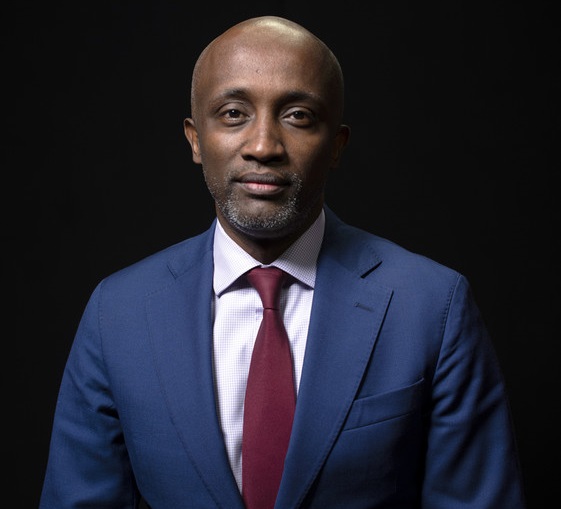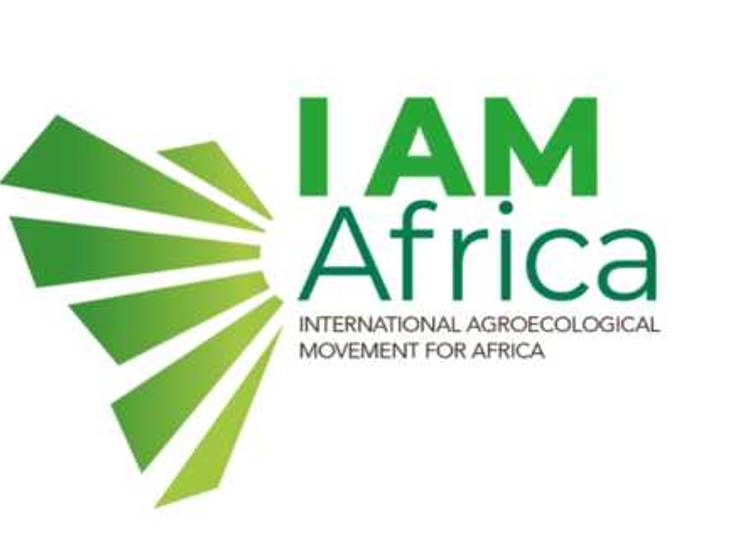Developing an SDG Investor Map follows an 8-step methodology to identify the most appropriate business and investment opportunities aligned with the SDGs
The United Nations Development Programme (UNDP) Nigeria have launched the Sustainable Development Goals (SDG) Investor Maps, as part of the Global UNDP SDG Impact Initiative, with the objective of driving greater and more diverse volume of capital to accelerate progress towards achieving the United Nations (UN) 2030 Sustainable Development Agenda. The SDG Investor Maps is a digital tool that will provide market intelligence on investment opportunities and related impact data to identify and increase SDG-aligned actionable investments in Nigeria.
Facilitated by the Business for Peace Foundation (BfP), the virtual launch event paired investors with companies operating in Nigeria to build investment relationships and catalyze solutions across the Renewable Resources and Alternative Energy, Agriculture and Healthcare sectors to support acceleration of progress towards sustainable development in the country. The H.E Minster of Finance, Budget and National Planning, Ms. Zainab Ahmed, Regional Director, Minister of Power, Ms. Mamman Kwagyang Saleh, and Minister of State of Health, Dr. Olorunnimbre Mamora, Senior Special Assistant to the Preseident on SDG’s Nigeria and UNDP Resident Representative, Mohammed Yahya and BfP Managing Director, Marius, Døcker, all spoke at the event to officially launch the initiative.
The 2030 Agenda for Sustainable Development articulates the UN’s universal call to action to end poverty, protect the planet and ensure that all people enjoy peace and prosperity, yet it is estimated that achieving the SDGs requires overcoming a critical financing gap of $ 5-7 trillion (USD) per year globally and an estimated $83trillion (N125trillion) nationally in Nigeria. This will require a greater role for the private sector and significant transformation in how economic growth and investment opportunities are generated. Currently, the level of private sector investment that supports SDG achievement is low, with only a fraction of globally invested assets of banks, pension funds, insurers, and transnational corporations contributing to sustainable progress.
H.E Minster of Finance, Budget and National Planning, Ms. Zainab Ahmed reiterated that successful implementation of Nigeria’s sustainable development agenda requires innovative financing, meaningful private sector engagement, and the strategic deployment of development funds. “We must foster collaboration at the national and regional levels, between government, civil society, and the private sector and with international development and financial partner institutions. This is especially true given the challenging fiscal space and increasingly low domestic revenues post-COVID 19” she said. “Tools such as the SDG Investor Maps, therefore, ensure that investors are empowered with accurate, country-specific information regarding investment opportunity areas” she said.
To ensure that key sectors, unaddressed priorities and investment opportunities are accurately identified in Nigeria, the involvement of governmental strategic actors, international development and financial institutions, as well as experts working in these areas are essential. The UNDP Nigeria is taking the lead to leverage its development expertise, local knowledge and presence on ground, to serve as a broker between the government and investors in realizing SDG targeted investments.
During the event, the UNDP Nigeria Representative, Mohammed Yahya, encouraged greater SDG-aligned investments from institutional investors and corporations, using the 2030 Agenda as a proactive roadmap for capital deployment, “The 2030 Agenda recognizes that the private sector has a fundamental role to play if the world is to achieve the SDGs and ensure economic growth and poverty reduction that does not come at the expense of environmental damage, climate change and social and income inequalities” he said. “Filling this gap with readily available data about investment opportunities, approaches and practical investment enablers is critical in helping to bring in new investors and market-shapers to the table” he added.
Marius Døcker, Managing Director of Business for Peace, highlighted during the event, “The Sustainable Development Goals serve both as input to corporate strategy and as a societal roadmap for economic growth, improved social justice, environmental stewardship and enhanced governance,” he commented. “Business for Peace is proud to partner with UNDP Nigeria in facilitating this important discussion and explore how various sustainability challenges can translate into investment opportunities across the country.”
Developing an SDG Investor Map follows an 8-step methodology to identify the most appropriate business and investment opportunities aligned with the SDGs. The process involves extensive research as well as consultations and validation exercises with key stakeholders – domestic public stakeholders, international development and financial institutions as well as private sector actors.
In Nigeria, the process began with reviews to identify national policy priorities, critical sectors and subsectors as well as development needs across different subregions. These were then synthesized to derive at 21 specific Investment Opportunity Areas (IOAs) and business models relevant for each sector.










